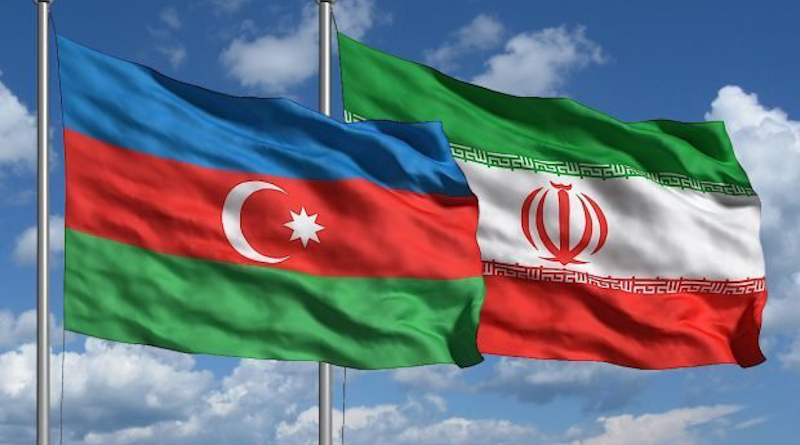
Last week, Azerbaijani President Ilham Alliyev told the ‘Along the Middle Corridor’ Conference that “we will do everything possible to defend our way our life as well as the secular direction of the development of Azerbaijan and of Azerbaijanis, including Azerbaijanis living in Iran. They are part of our nation” (salamnews.org/ru/news/read/480504).
His remarks followed the uptick in tensions between Iran and Azerbaijan as a result of military exercises in the northern portions of Iran, a portion of that country which adjoins Azerbaijan and is populated overwhelmingly by Azerbaijani Turks (windowoneurasia2.blogspot.com/2022/11/iran-responds-to-azerbaijani-exercises.html).
In the wake of Aliyev’s remarks, Gudrat Gasanguliyev, an Azerbaijani parliamentarian, called for Azerbaijan to be renamed Northern Azerbaijan “exactly in the same way as in the name of other divided peoples” such as North and South Korea. He said this would serve as “a stimulus” for Azerbaijanis south of the Arax (haqqin.az/news/267382).
According to Russian commentator, Stanislav Tarasov, these statements have potentially far-reaching consequences not only for relations between Azerbaijan and Iran but also between Azerbaijan and Turkey and thus represent a seriously destabilizing element for the greater Middle East (regnum.ru/news/3755959.html).
Tehran currently thinks that these Azerbaijani remarks suggest that Baku is working hand in glove with Turkey to destroy Iran, but in fact, Tarasov argues, the facts of the case may be far different and lead to Azerbaijan’s becoming more independent of Turkey with regard to regional geopolitics.
There are compelling reasons for such conclusions, he allows. In the event of a military conflict between Azerbaijan and Iran, it seems likely that a Turkic autonomy would be declared in the northern part of what is now Iran and more likely that Azerbaijan would quickly move to absorb it into a greater Azerbaijan at Iran’s expense.
Moscow doesn’t need such complications, Tarasov says; but it isn’t in a position to eliminate the southern Azerbaijan question in Iran any more than it could the Kurdish one in Turkey. But Russian policy makers need to recognize that what Baku appears to be preparing to do may have even broader consequences than what appears to be the case.
It is entirely possible, the Russian commentator says, that Aliyev’s decision to “play ‘the Iranian card’” is part of a Baku effort to establish Azerbaijan as a new power center in the region, one that looks more to the south into Iran and the recovery of Azerbaijanis than to Turkey and the West.
If that should prove to be the case, then what Baku is doing will simultaneously restore an older geopolitical tradition in which what is now Azerbaijan was part of the culture around Persia rather than Turkey and in which Baku will focus its efforts to the south rather than to the west, reordering the Middle East chessboard more or less completely.
